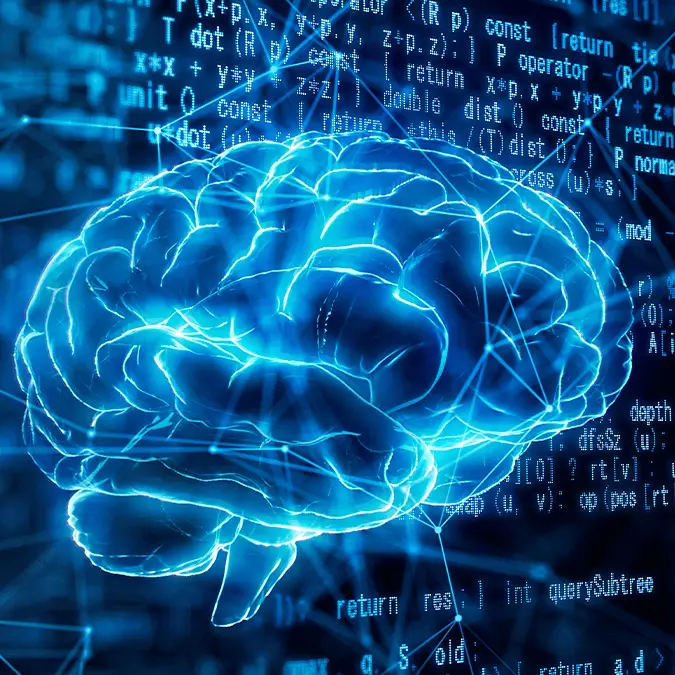
A Polish programmer has pulled off what many thought couldn’t be done for much longer — beating a top-tier AI model in a gruelling, head-to-head coding battle. But even in victory, there’s a sense that the human edge in these contests might not last much longer, with this feeling like the last time this feat can be done before it could become impossible.
Przemysław Dębiak, better known in the competitive coding scene as "Psyho", went toe-to-toe with a custom OpenAI model during the AtCoder World Tour Finals 2025 Heuristic contest in Tokyo.
The event is one of the toughest in the programming world, drawing only the 12 best competitors globally. This year, for the first time, an AI model joined the mix in a special "Humans vs AI" exhibition match, with OpenAI acting as a contest sponsor. Despite the tireless nature of its silicon rival, Dębiak managed to edge ahead after a punishing 10-hour marathon session on almost no sleep.
He wrote in a post on X (formerly Twitter) after his win: "Humanity has prevailed (for now!)”.
Advert
"I'm completely exhausted. ... I'm barely alive."
Reported by Ars Technica, the contest challenged all participants to tackle a complex optimisation problem, the sort of task where there isn’t a perfect solution, just better and better attempts. AtCoder ensured a level playing field by giving humans and AI identical hardware to work with, with no penalties for multiple submissions beyond a five-minute cooldown period between each attempt.
In the end, Dębiak scored 1,812,272,558,909 points, while OpenAI’s custom model — similar in nature to its o3 reasoning model — managed 1,654,675,725,406 points. That 9.5 percent difference was enough to secure the human victory and a 500,000 yen prize, with OpenAI settling for second place, still ahead of ten other world-class human competitors.
For many, the scene echoed the legendary tale of John Henry, the 19th-century steel driver who famously outpaced a steam drill at the cost of his life. Both stories tell of extraordinary human endurance pushing back against automation, but with a bittersweet twist: Henry died from his exertions, and Dębiak himself admitted his win may be temporary in the face of increasingly capable machines.
OpenAI described the result as a major milestone for AI in competitive programming. A company spokesperson told Ars Technica: "Models like o3 rank among the top-100 in coding/math contests, but as far as we know, this is the first top-3 placement in a premier coding/math contest," adding that contests like AtCoder test "how well our models can reason strategically, plan over long time horizons, and improve solutions through trial and error—just like a human would."
Recent figures suggest the balance is shifting fast. In 2023, AI could only solve around 4.4 percent of coding tasks in certain benchmarks. By 2024, that number had jumped to 71.7 per cent. With over 90 percent of developers now using AI tools in their daily work, it’s clear that coding alongside machines is becoming the norm.
Still, for now at least, human ingenuity found a way to come out on top. As Dębiak summed it up on a follow-up post on X the next day: "Honestly, the hype feels kind of bizarre. Never expected so many people would be interested in programming contests."
